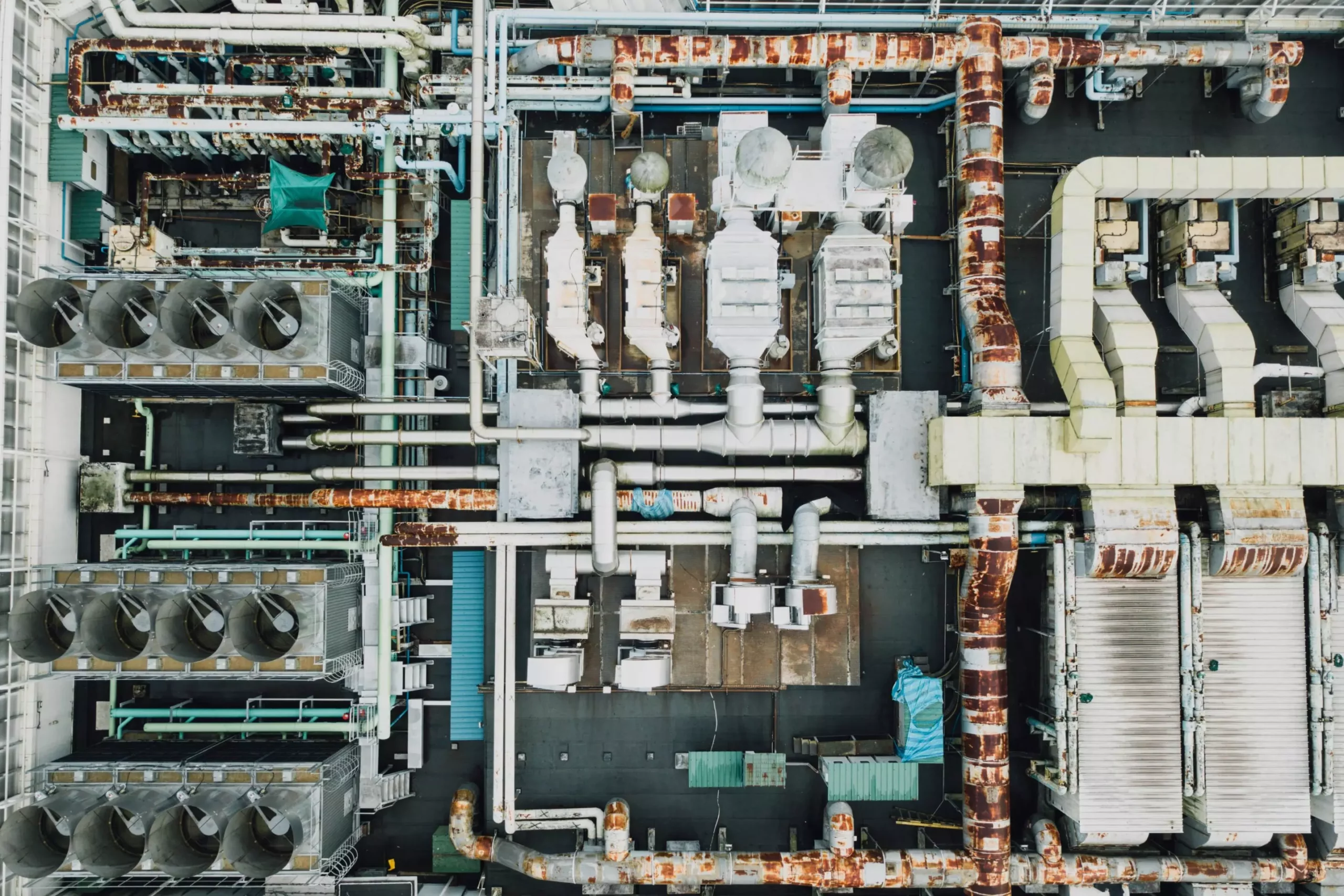The Interactive and Robotic Systems Lab (IRS) at Universitat Jaume I in Castelló stands at the forefront of cutting-edge technology with the development of a lightweight, mobile manipulator robot. This agile, modular device is designed for safety and efficiency, particularly in environments that pose risks to human health. With notable applications in challenging sectors such as inspections related to plastic piping, the need for innovative solutions in various industrial settings has never been more critical.
Central to the manipulator’s design is its reconfigurable nature, which allows it to adapt to a wide range of tasks and scenarios. Equipped with a sophisticated remote control station, the robot leverages advanced 3D perception and visualization software that facilitates operator training through a digital twin model. This virtual representation not only enhances operational understanding but also significantly boosts preparedness for conducting inspections in hazardous locations such as nuclear plants and particle accelerators.
Applications in Hazardous Environments
The implications of this robotic technology transcend simple mechanical tasks. For instance, its application is particularly manifest in the inspection of plastic pipes, where precision and reliability are paramount. The robot’s artificial vision capabilities enable it to probe and analyze conditions within these structures, providing valuable insights that ensure safety and compliance with rigorous industry standards. Furthermore, the technology holds promise for other high-stakes settings, including healthcare facilities dealing with infectious environments, where minimizing human exposure is crucial.
Innovative Collaboration and Technological Advancement
The development of this advanced robot is part of a larger collaborative initiative under the European H2020 project, “EU H2020 El-Peacetolero,” in which the UJI collaborates with eight other distinguished European institutions. This project underscores the importance of international collaboration in advancing scientific knowledge and technical skills. The integration of various software enhancements, including a Robot Operating System (ROS)-based infrastructure, allows for streamlined communication among multiple devices, meeting diverse mission-specific requirements.
As the technology progresses, the intent is to adapt and commercialize these innovations through licensing agreements with corporate partners. The efforts from the Universitat Jaume I’s Cooperation and Technological Development Office stress the importance of translating scientific efforts into practical applications that benefit industries at large. This proactive approach not only fosters technological advancement but also spreads critical knowledge across various sectors, enhancing overall safety and productivity.
The research and developments emanating from the IRS group at Universitat Jaume I illustrate the vital role of robotics in addressing safety challenges in hazardous environments. Through thoughtful design, innovative software solutions, and strategic collaborations, this robotic system promises to redefine operational standards, ultimately contributing to enhanced safety protocols in industries that demand high reliability and accuracy. The ongoing quest for knowledge dissemination and technological innovation serves as a beacon for future advancements in the field of robotics.


Leave a Reply